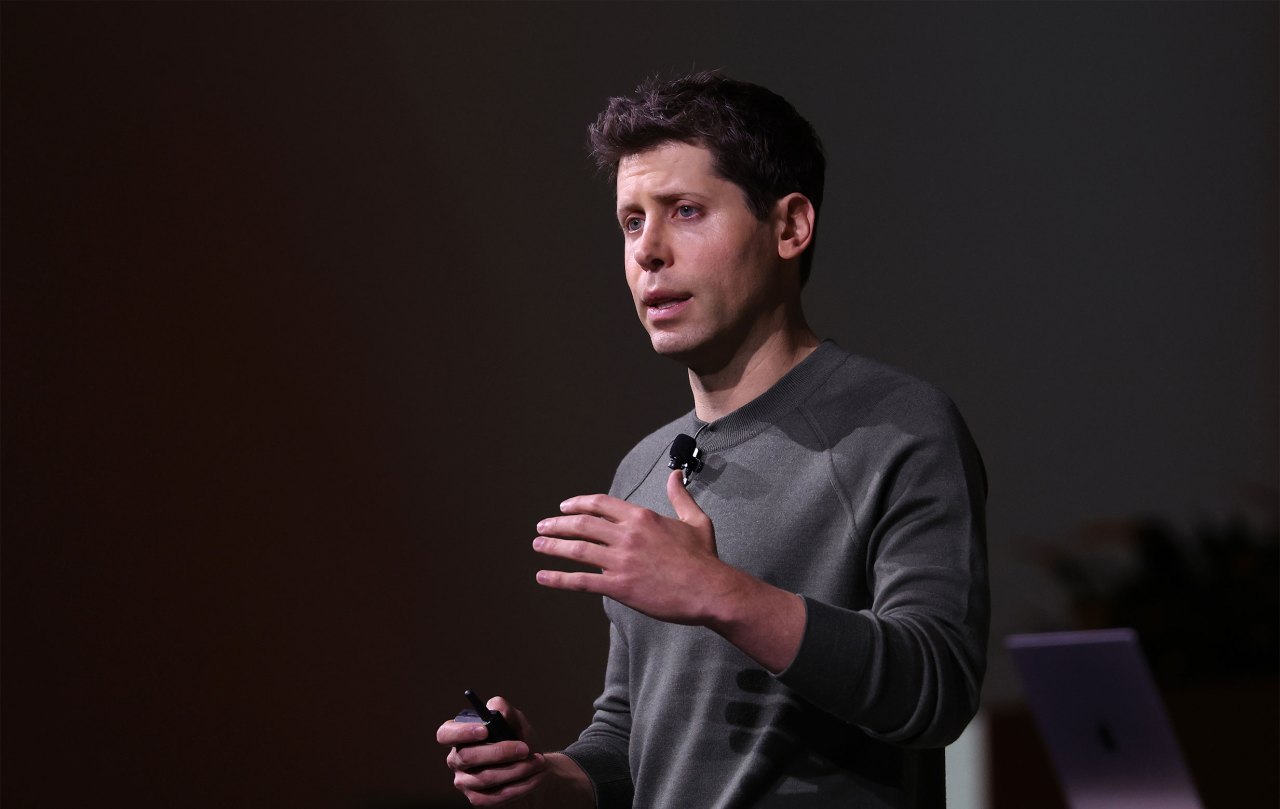In the ever-evolving landscape of artificial intelligence, keeping pace with developments can feel like trying to catch smoke with your bare hands. This week, however, the spotlight is firmly on OpenAI, which recently hosted its inaugural developer conference, unveiling a suite of new products and, most importantly, a platform to empower developers like never before. As we delve into the highlights from this conference and the ensuing discussions, we’ll explore the implications of OpenAI’s strategic shift and consider how it might change the AI development landscape.
OpenAI’s Developer Conference: A New Dawn for GPTs
OpenAI’s conference heralded significant advancements, including an enhanced version of GPT-4, innovative text-to-speech models, and an API for the visually stunning DALL-E 3. However, the centerpiece of the keynote was undoubtedly the introduction of GPTs, a game-changing initiative that enables developers to create custom conversational AI systems using OpenAI’s robust models.
- Democratizing Development: One of the key takeaways from the launch is how GPTs democratize the creation of generative AI applications. With a user-friendly setup that doesn’t require coding knowledge, individuals from various backgrounds can build their own AI systems tailored to specific needs.
- Market Opportunity: OpenAI is not just providing tools; it is setting up a marketplace through the GPT Store, paving the way for monetization. Developers can publish their creations and earn revenue based on their usage, which could potentially create a thriving ecosystem of AI applications.
- Innovative Applications: The versatility of GPTs is noteworthy. From chatbots programmed to assist in cooking—capable of answering ingredient-related questions—to applications customized for software development, the potential use cases seem boundless.
The Shift from Model Provider to Platform
This shift marks a strategic departure for OpenAI from being merely an AI model provider to becoming a comprehensive platform for AI innovation. By establishing this framework, OpenAI is not only encouraging creativity but also fundamentally altering the competitive landscape. Companies lacking the infrastructure to offer similar tools may find themselves at a disadvantage, especially those without substantial backing from major tech firms.
While this could spell disaster for some consulting firms that traditionally built similar systems for clients, it might just be what’s needed to spur innovation across the board. The accessibility of such tools means that businesses can take AI into their own hands, creating custom solutions without the need for extensive third-party intervention. However, one must ponder the sustainability of this model and the potential risks of market monopolization.
Broader Implications in the AI Ecosystem
OpenAI’s conference wasn’t the only highlight in the AI realm this week. Various advancements across several sectors showcased the growing capabilities and complexities of machine learning:
- Weather Prediction Leap: Inspired by Google’s strides, the development of MetNet-3 promises high-resolution weather predictions, showcasing how ML can transform traditionally rigid models into more sophisticated systems.
- Chemistry and AI Detection: Researchers at the University of Kansas have developed a detector for AI-generated text, providing proof-of-concept for how AI can refine even the most niche academic pursuits.
- Evaluating Student Essays: Machine learning tools are being explored to evaluate applicants using qualities gleaned from their writing, opening new avenues in admissions processes.
Addressing AI’s Limitations and Ethical Concerns
Amidst the excitement, it’s crucial to recognize that AI carries limitations. Research from the University of Washington highlighted mixed experiences with AI tools for accessibility, raising critical discussions about bias and reliability. As AI continues to weave itself into everyday applications, from virtual spaces to academic environments, establishing ethical guidelines and practical frameworks will be essential to ensure responsible use.
Conclusion: Embracing the Future of AI Development
As OpenAI forges ahead with its GPTs initiative, the potential for widespread innovation in the AI landscape looks promising. By placing powerful AI creation tools directly into the hands of developers, OpenAI is not only shaping the future of interaction but also how we conceptualize and harness the capabilities of AI.
At fxis.ai, we believe that such advancements are crucial for the future of AI, as they enable more comprehensive and effective solutions. Our team is continually exploring new methodologies to push the envelope in artificial intelligence, ensuring that our clients benefit from the latest technological innovations.
For more insights, updates, or to collaborate on AI development projects, stay connected with fxis.ai.

